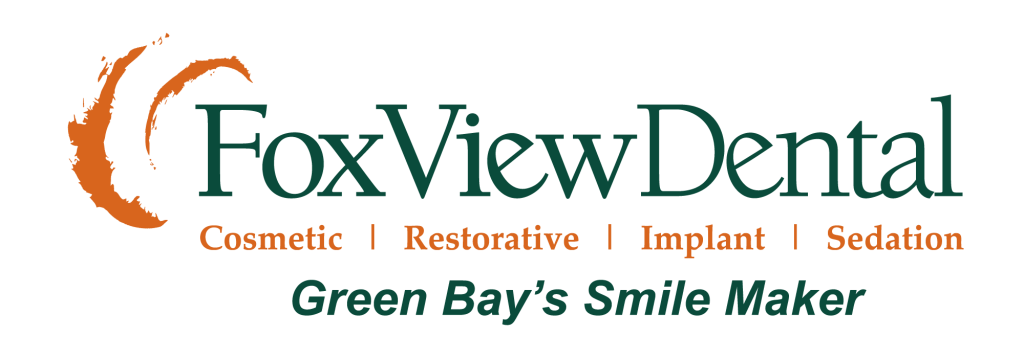Potential Risks Associated with Dental Bridges
Allergic Reactions
Some individuals may have sensitivities to the materials used in dental bridges, such as metals or ceramics. During your consultation, Dr. Yenchesky will discuss your medical history and any known allergies to select the most suitable materials for your bridge.
Nerve Damage
The preparation of abutment teeth carries a small risk of nerve damage. While extremely rare, this could result in temporary or permanent changes in sensation. Our experienced team takes every precaution to minimize this risk during the procedure.
Bite Misalignment
An improperly fitted bridge can disrupt your bite alignment, potentially leading to discomfort, difficulty chewing, or jaw joint problems. Our De Pere dental practice uses advanced techniques to ensure your bridge is accurately fabricated and adjusted for a proper bite.
Increased Risk of Decay
The edges of a bridge can sometimes create areas where bacteria thrive, leading to an increased risk of tooth decay. Regular dental check-ups and diligent oral hygiene practices are crucial to prevent this issue.
Damage to Supporting Teeth
The abutment teeth that support the bridge need to be prepared by removing some enamel. This process can make these teeth more susceptible to decay and gum disease if not properly maintained.
Minimizing Risks and Complications
To reduce the likelihood of complications, we recommend the following:
- Choose an experienced dentist like Dr. Yenchesky, who specializes in dental bridges.
- Maintain excellent oral hygiene through regular brushing and flossing.
- Attend scheduled dental check-ups for monitoring and early problem detection.
- Be cautious with your diet, avoiding hard or sticky foods that could damage the bridge.
- Use a mouthguard during sports or activities with a risk of facial injury.
Long-Term Care for Your Dental Bridge
Proper care is essential for the longevity of your dental bridge and to minimize risks:
- Brush twice daily with a soft-bristled toothbrush and non-abrasive toothpaste.
- Floss daily, paying special attention to the area around and under the bridge.
- Consider using an interdental brush or water flosser for thorough cleaning.
- Attend regular dental check-ups and professional cleanings.
- Report any discomfort or changes in your bite to Dr. Yenchesky promptly.




